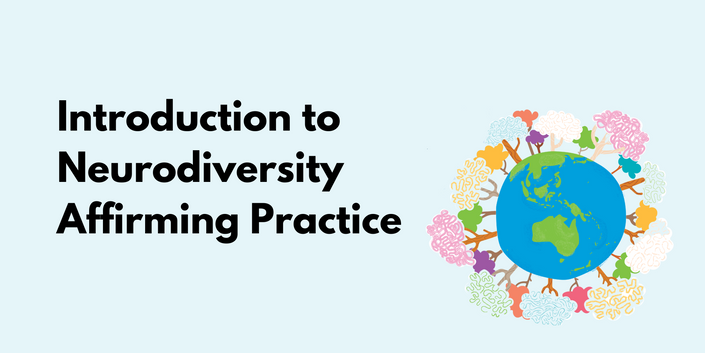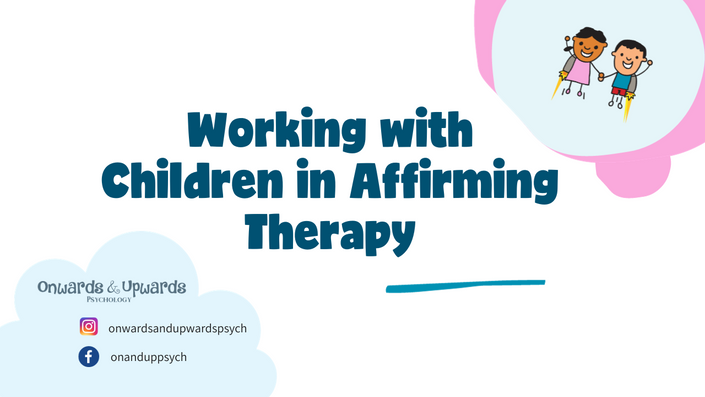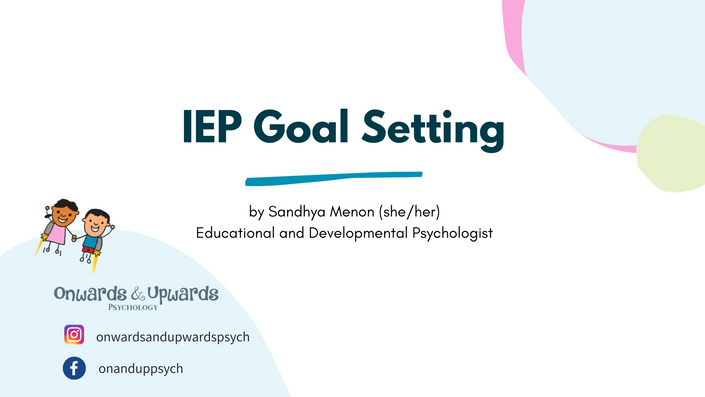
More About Your Trainer
Sandhya Menon (she/her) is an Autistic/ADHDer Developmental Psychologist and Author of The Brain Forest, The Rainbow Brain and My Body's Power Pack.
Clinically, she has supported a range of autistic children with different support needs, working across hospitals, early intervention teams, schools, in home therapies, with wards of the state, and is currently in private practice, running Onwards and Upwards Psychology in Naarm/Melbourne, Australia.
Sandhya is an experienced speaker on neurodiversity affirming practice, speaking at schools, organisations, clinics and has been called upon in both national and international conferences. She is passionate about fuelling a social justice-driven systemic change with the take up of neurodiversity affirming practice.
More so? She does this with a mix of evidence-based practice, ethics and her signature humour and way of making complex information simple.
Why This Course?
Oh, there are so many buzzwords around being neurodiversity affirming, so much pressure from a marketing and ethical perspective to get it right and well, so little time to do it.
What I've done in this course is to focus in on care for autistic clients, whilst acknowledging that neurodiversity is so much more than just autistic people. (Yes, Kassiane, we hear you! And if you don't yet know who Kassiane is, you'll find out about their contributions in this course)
In this social justice movement, I want us to take the time.
To sit, and go slowly.
To not take in information in piece meal concepts from various areas of the Internet, but to go about it in a structured way.
I want us to look at where we've gotten it wrong, point out logical fallacies and biases, so that we as healthcare professionals can start to get it right.
That matters.
I want the clients who we see to feel safe, and receive truly neuroaffirming care. It's the least we could do in our endeavour to correct the iatrogenic harm that has been done through allied health in the past when we didn't know better.
Well, now we do. There is a plethora of evidence that gives us the way forward, and I've summarised this here for you.
I've taken all the information from the past 5 years, and structured this for your learning, creating frameworks, resources and checklists to help ease that mental load as much as possible, so you can do the work where it really needs to count.
Take a peep at the curriculum below.
Module 1: Core Concepts in the Neuroaffirming Movement
- 2 hours of work: 1.5 hours of direct work + 0.5 h of additional readings
Module 2: Social Skills Work - The Hows, Whys, And What Not Tos
- 2 hours of work: 1 h 40 mins of direct work + 20 minutes of additional readings and resources
Module 3: Emotional Regulation Frameworks - Unpacking Alexithymia, Minority Stress and Interoception
- 1.5 hours of work: 1 h 10 minutes of direct work + 20 minutes of additional readings
Module 4: Assessment and Report Writing with Reframed Understanding
- 2 hours of work: 1 h 40 minutes of direct work and 20 minutes of report writing practical
Module 5: Practical Ideas for Therapists
- 2 hours of direct work
Module 6: Reflective Practice for Therapists
- 1 hour of direct work
Course Curriculum
- 1.1 Core Concepts in Neurodiversity (12:44)
- 1.2 Why the Neuroaffirming Movement? (11:02)
- 1.3 Evidence-Base for Neurodiversity Affirming Practice (14:24)
- 1.4 The Way We Talk Matters: Language And Paradigm Updates (18:36)
- 1.5 Tackling Barriers to Neurodiversity Affirming Practice (13:26)
- 1.6 Models of Disability (14:04)
- 1.7 Quiz Time!
- 2.1 Double Empathy Problem (12:12)
- 2.2 Masking (22:07)
- 2.3 Identity Formation (16:44)
- 2.4 Old Ideas and New, Updated Ideas (15:12)
- 2.5 What's wrong with social skills support? (14:53)
- 2.6 An Affirming Social Skills Framework for Case Conceptualisation (27:24)
- 2.7 Further Resources to Support the Framework
- 2.8 Quiz Time!





